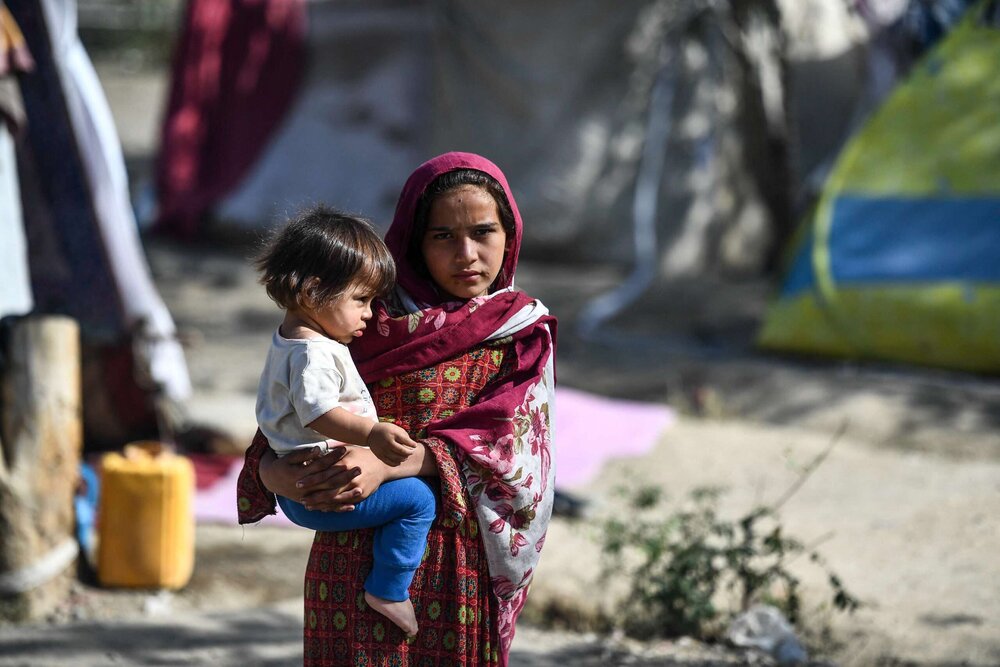UNHCR lifts Level 2 emergency for Afghan refugees in Iran

TEHRAN - The United Nations High Commissioner for Refugees (UNHCR) has lifted the Level 2 emergency for the Afghanistan situation in Iran in April.
However, new arrivals to Iran continue, increasing the need for more support, according to a UNHCR report published on May 9.
Level 2 is activated when an operation requires additional support and resources to respond in a timely and effective manner. The lifting, however, is not an indication that the emergency is entirely over; it means that UNHCR now has sufficient resources to respond to the post-emergency situation.
According to evolving estimates by the Government of Iran, approximately 500,000 Afghans arrived in Iran in 2021. Some 37,042 Afghans who arrived in Iran from 1 January 2021 to 30 April 2022 have approached UNHCR requesting assistance and protection.
Afghan families who were accommodated by the Government of Iran in Fariman are now being transferred to the Torbat-e-Jam refugee settlement. Over 200 families currently reside in the settlement shelters at Torbat-e-Jam and need immediate support.
According to the head of the passport department of Afghanistan, the online registration for passports started on 9 April 2022 in Kabul. It is reported that the passport office in Kabul will issue some 2,000 passports per day and increase to 3,000 daily passports after Ramadan.
UNHCR continues to rely on the Government of Iran to share figures on the total number of Afghans who arrived in Iran in 2021 and 2022. For now, UNHCR is working with the assumption that, of the approximate 500,000 new arrivals in 2021, a large number have likely been deported, others moved to Iran for livelihoods or family reasons, and have since returned voluntarily to Afghanistan, and a small number have moved onwards towards Turkey. For 2022 planning purposes, it is estimated that 278,000 will remain in Iran.
More global support needed
In January, Ivo Freijsen, the UNHCR Representative in Iran, said that international support for Iran should be strengthened given the presence of millions of refugees in the country.
“We seek to obtain international funding through various consultations,” he noted, highlighting that “we are aware of the hardships and problems of Iran in support of refugees despite the oppressive sanctions.”
Despite the difficult path and the lack of funds, we must maintain our morale and motivation in this humanitarian field, however, the Islamic Republic has always shown that it supports refugees despite all the difficulties, he emphasized.
He also announced the formation of two working groups on the resettlement of refugees to third countries, as well as efforts to identify and register new refugees who do not have any identity documents in cooperation with the Ministry of Foreign Affairs of Iran.
“We strive to provide the necessary assistance to the people who do not have facilities and those who do not have any identification certificates,” he added.
MG
